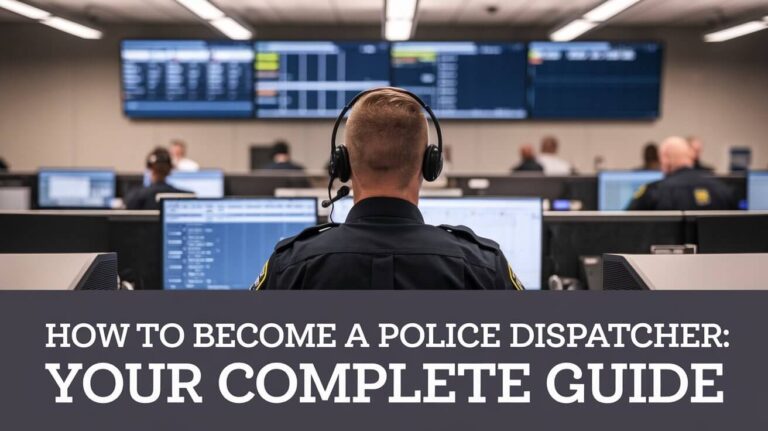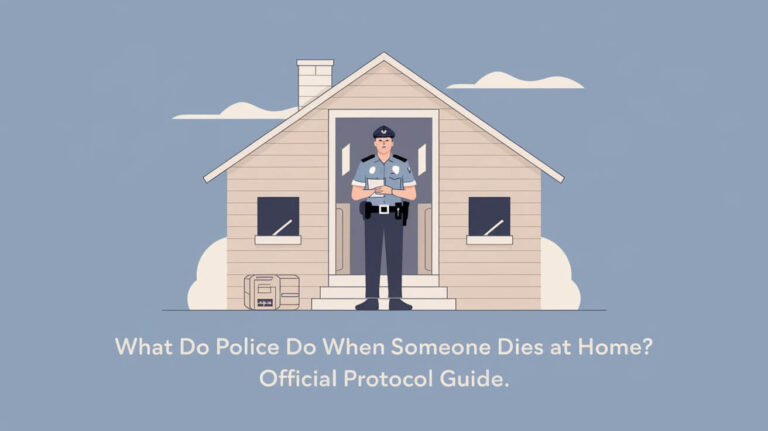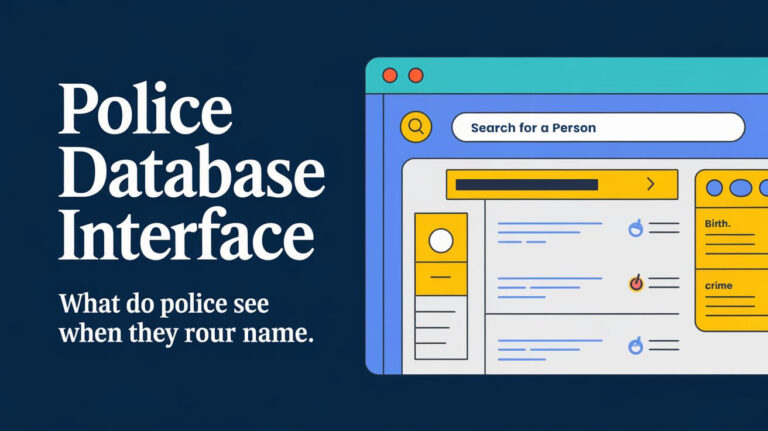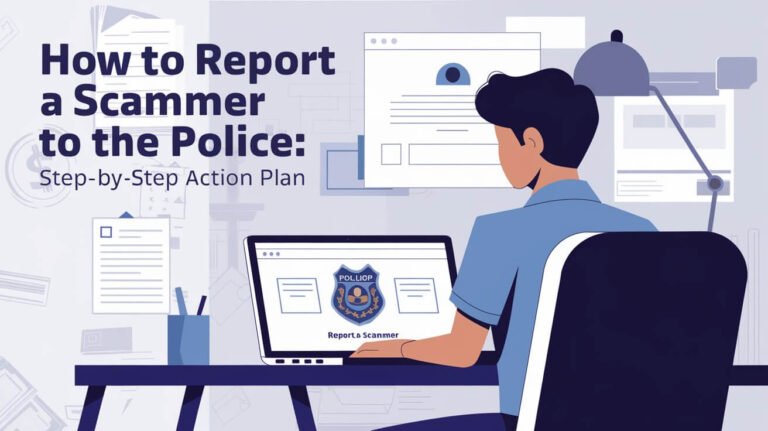Can You Claim Car Accident Without Police Report? A Comprehensive Guide
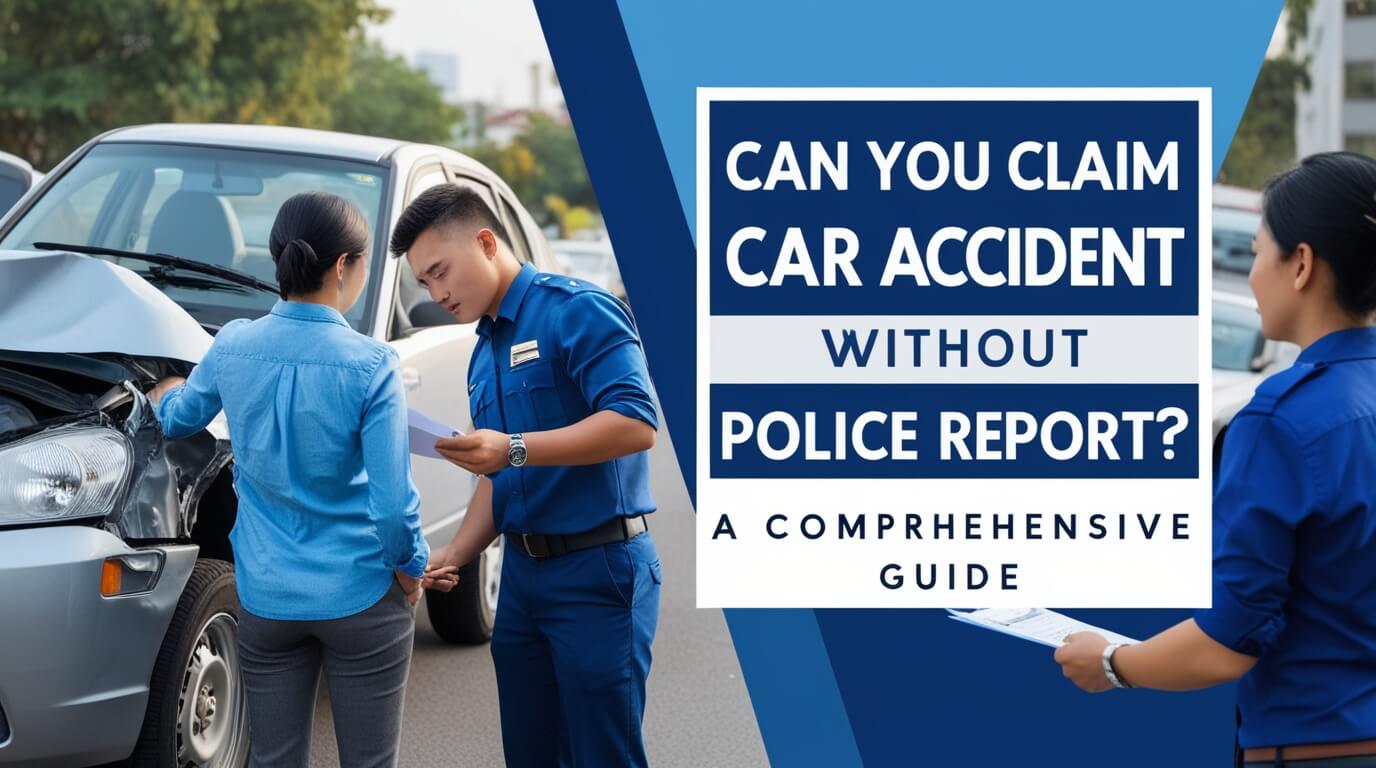
Yes, you can claim a car accident without a police report in many cases, but it may present challenges. This guide explores the process, potential hurdles, and best practices for handling car accident claims when no official police report is available.
Car accidents are stressful events, often leaving those involved unsure about the next steps. While police reports are valuable tools in the claims process, their absence doesn’t automatically disqualify you from seeking compensation. Understanding your options and rights is crucial when navigating this situation.
Understanding Car Accident Claims
The Role of Police Reports in Car Accident Claims
Police reports serve as neutral third-party accounts of accidents. They typically include:
- Date, time, and location of the accident
- Names and contact information of involved parties
- Witness statements
- Officer’s observations and potential citations
- Diagram of the accident scene
These details can be invaluable when filing a claim. However, police don’t always respond to every accident, especially minor ones.
When Police Reports Are Required
Some states require police reports for accidents involving:
- Injuries or fatalities
- Property damage exceeding a certain amount
- Hit-and-run incidents
- Drunk driving suspicions
Always check your local laws to understand reporting requirements.
Filing a Car Accident Claim Without a Police Report
Situations Where You Can Claim Without a Report
You might find yourself without a police report if:
- The accident was minor
- Police didn’t respond to the scene
- The incident occurred on private property
- You’re in a state with high damage thresholds for reporting
In these cases, you can still file a claim, but you’ll need to be proactive in gathering evidence.
Steps to Take Immediately After an Accident
- Check for injuries and call for medical help if needed
- Move to a safe area if possible
- Exchange information with the other driver(s)
- Take photos of the damage and accident scene
- Collect witness contact information
- Note the time, date, and location of the accident
Gathering Evidence for Your Claim
Without a police report, your evidence becomes crucial. Collect:
- Photos of vehicle damage
- Pictures of the accident scene
- Witness statements
- Your written account of the event
- Medical records if injuries occurred
- Repair estimates
The more evidence you have, the stronger your claim will be.
Challenges of Claiming Without a Police Report
Proving Fault and Liability
Without an official report, determining fault can be tricky. Insurance companies may be more likely to dispute claims or assign partial blame to both parties.
Dealing with Insurance Companies
Insurance adjusters might be skeptical of claims without police reports. Be prepared for:
- More detailed questioning
- Requests for additional evidence
- Potential lowball settlement offers
Stay calm and stick to the facts when communicating with insurers.
Potential Legal Hurdles
If your claim leads to a lawsuit, the lack of a police report could make the case more complex. Courts may rely more heavily on other forms of evidence and witness testimony.
Alternatives to Police Reports
Self-Reported Accident Forms
Many states offer self-reporting forms for minor accidents. These can serve as official documentation when police don’t respond.
Witness Statements and Other Documentation
Gather written statements from witnesses while their memories are fresh. These can be powerful substitutes for police reports.
State-Specific Requirements for Car Accident Claims
Reporting Thresholds and Timeframes
Reporting requirements vary by state. For example:
- Florida requires reporting for accidents with injuries or $500+ in damage
- Minnesota only requires reports for accidents with $1,000+ in damage
- Most states have deadlines for reporting, often within 10-30 days
Know your state’s rules to avoid legal issues.
No-Fault vs. At-Fault States
In no-fault states, your own insurance covers your damages regardless of who caused the accident. At-fault states require the responsible party’s insurance to pay.
This distinction can affect how you approach your claim without a police report.
How to Strengthen Your Claim Without a Police Report
Collecting and Preserving Evidence
Act quickly to gather evidence. Take photos from multiple angles and distances. Get contact info for all involved parties and witnesses.
Seeking Medical Attention
Even if you feel fine, get checked out. Some injuries appear days later. Medical records can be crucial evidence in your claim.
Documenting Damages and Expenses
Keep detailed records of:
- Repair costs
- Medical bills
- Lost wages
- Rental car expenses
These documents help prove the accident’s financial impact.
The Impact on Insurance Premiums
Reporting vs. Not Reporting: Long-Term Consequences
Failing to report an accident might seem tempting to avoid premium hikes. However, this can backfire if the other party files a claim later.
Be honest with your insurer. Many companies offer accident forgiveness for first-time incidents.
When to Seek Legal Assistance
Benefits of Hiring a Car Accident Attorney
Lawyers can help:
- Navigate complex claims
- Negotiate with insurance companies
- Gather and present evidence effectively
- Represent you in court if necessary
Consider legal help for serious accidents or when facing claim denials.
What to Look for in a Legal Representative
Choose an attorney with:
- Experience in car accident cases
- Knowledge of local laws
- Good communication skills
- A track record of successful claims
Many offer free consultations to discuss your case.
Common Misconceptions About Car Accident Claims
Debunking Myths About Police Reports and Claims
Myth: You can’t file a claim without a police report. Truth: While helpful, police reports aren’t always required.
Myth: Minor accidents don’t need to be reported. Truth: Even small fender-benders can lead to insurance claims or lawsuits.
Myth: Police reports are always accurate. Truth: Officers can make mistakes or miss important details.
Understanding these facts helps you make informed decisions after an accident.
Technology and Car Accident Claims
Using Smartphone Apps and Dashcams
Many insurers offer apps to help document accidents. Features often include:
- Guided evidence collection
- Direct claim filing
- GPS location tracking
Dashcams provide video evidence of accidents, which can be invaluable when police reports are unavailable.
Digital Evidence in Claims Process
Insurance companies increasingly accept digital evidence like:
- Timestamped photos
- GPS data
- Social media posts related to the accident
These can support your claim when traditional documentation is lacking.
Conclusion: Navigating Car Accident Claims Without a Police Report
Filing a car accident claim without a police report is possible but requires careful preparation. By gathering thorough evidence, understanding your rights, and potentially seeking legal advice, you can successfully navigate the claims process.
Remember:
- Act quickly to collect evidence
- Know your state’s reporting requirements
- Be honest with your insurance company
- Consider professional help for complex cases
While the absence of a police report can complicate things, it doesn’t have to derail your claim. Stay proactive, informed, and persistent to protect your rights and secure fair compensation.
By following the steps outlined in this guide, you’ll be well-equipped to handle your car accident claim, even without an official police report. Stay safe on the roads, and always prioritize your well-being after an accident.

